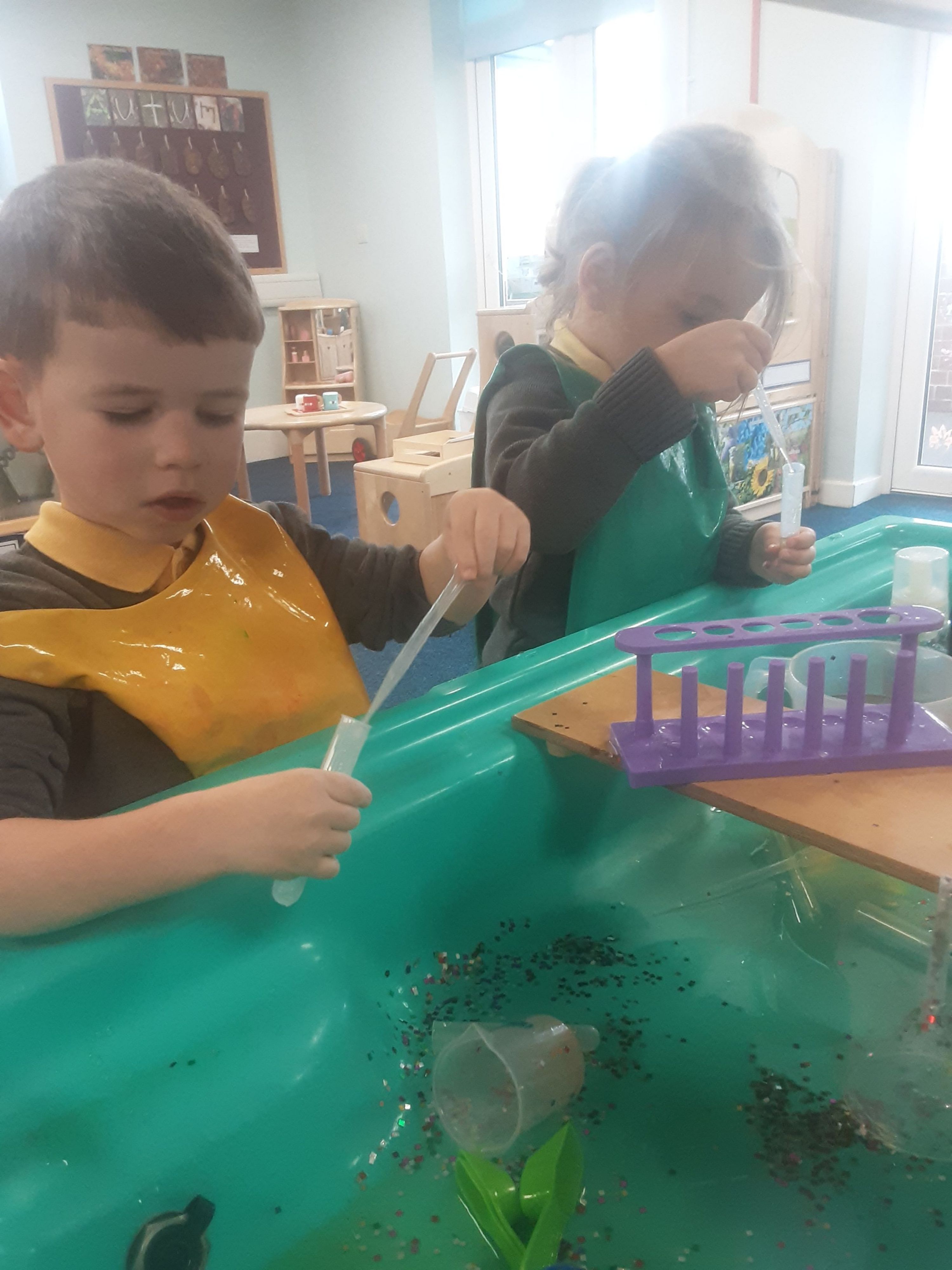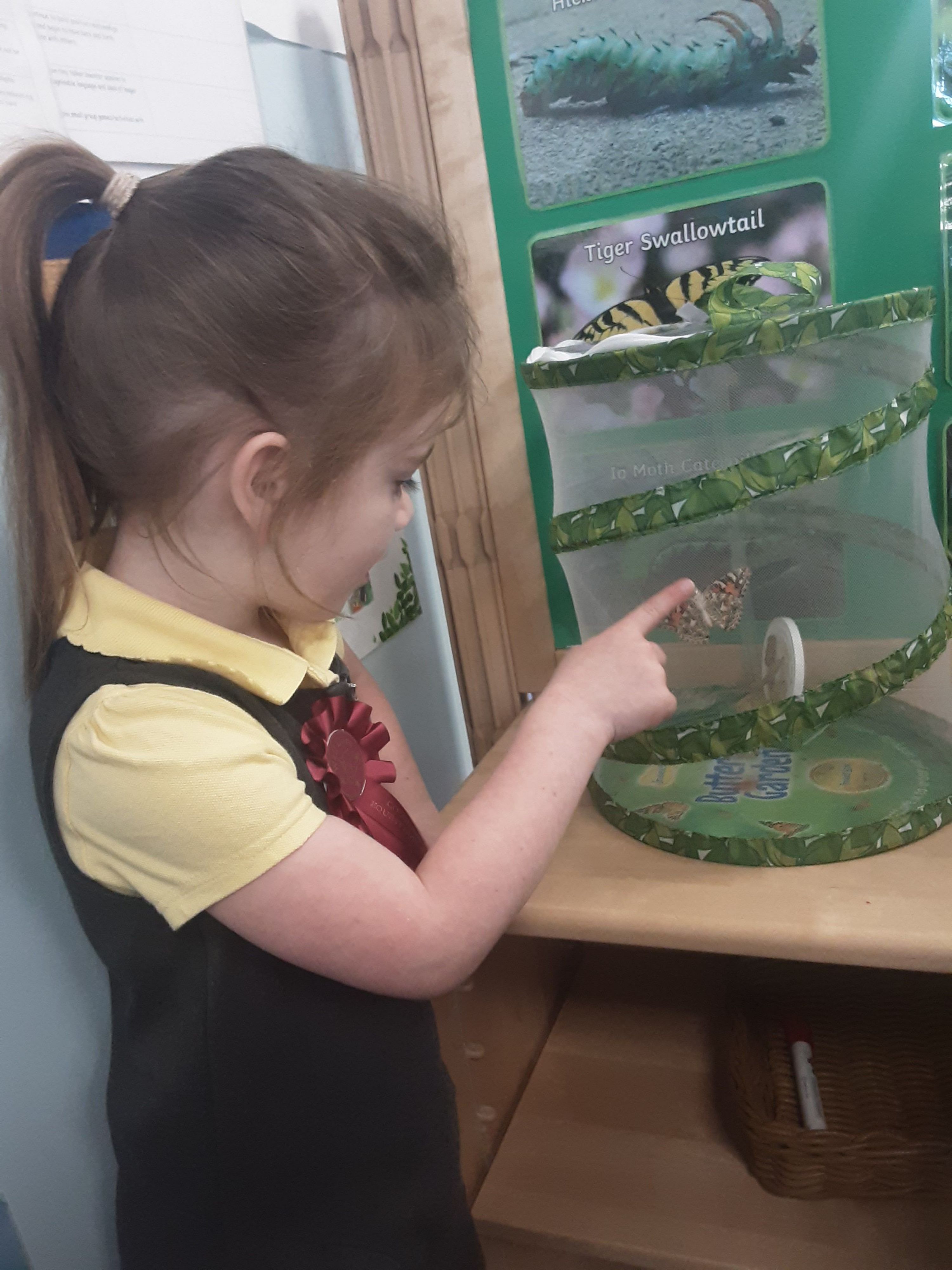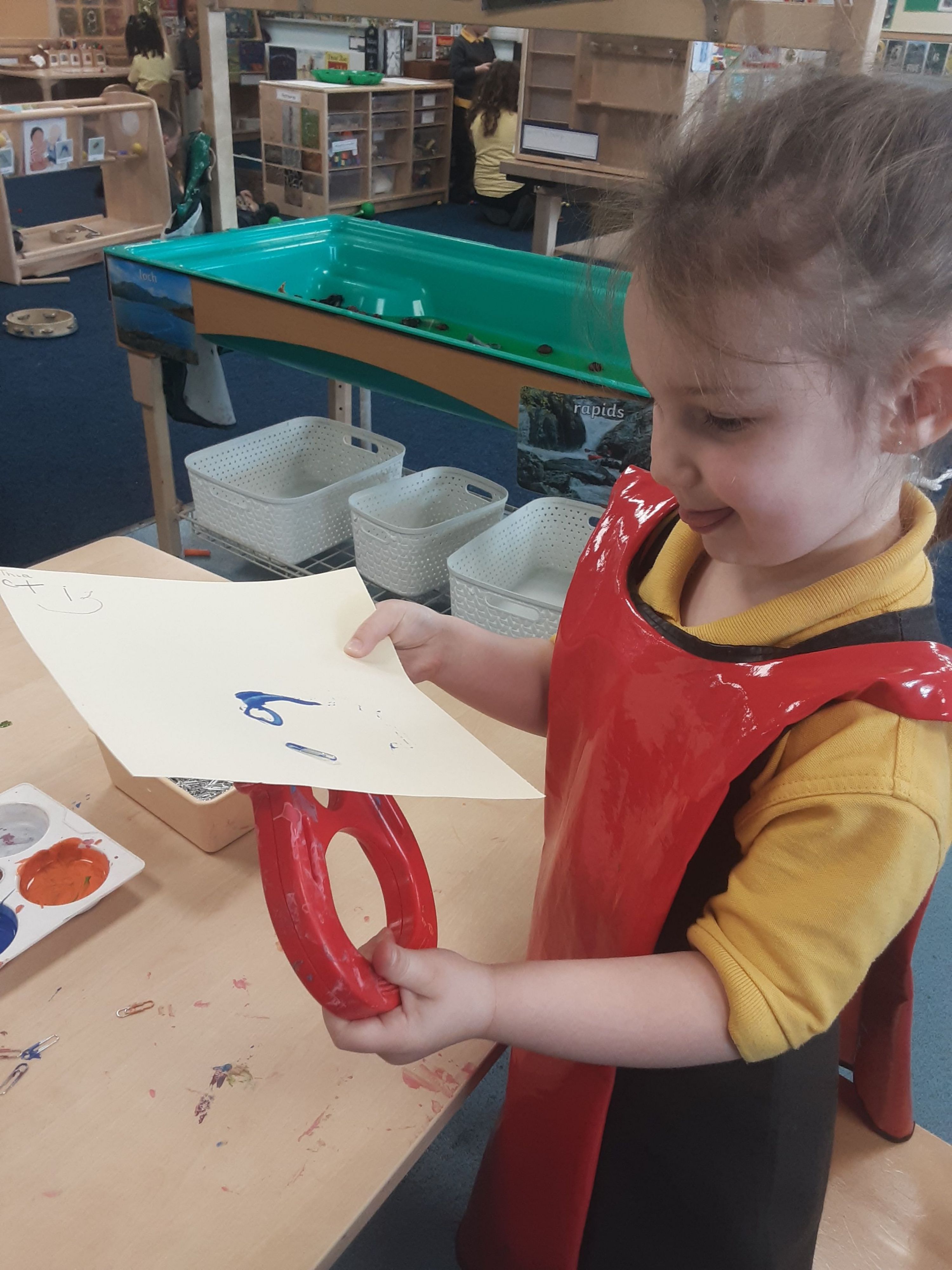Science
At Thurcroft Junior Academy, we pride ourselves on high quality enquiry based scientific teaching, which provides the foundations for understanding the world through scientific disciplines of biology, chemistry and physics. To allow for all of our pupils to understand the use of science, our science planning is categorised into the 6 enquiry types: comparative and fair testing, observation over time, identifying and classifying, pattern seeking, research, and problem solving. This encourages our children to work scientifically, supporting our ethos of high quality enquiry based teaching.
Please follow the link to see the National Curriculum for science:
Develop scientific knowledge and conceptual understanding through the specific disciplines of biology, chemistry and physics
- Develop understanding of the nature, processes and methods of science through different types of science enquiries that help them to answer scientific questions about the world around them
- Are equipped with the scientific knowledge required to understand the uses and implications of science, today and for the future.
Science Events
Each Year our pupils attend educational visits to bring their Science learning to life. These days are important as they support pupils to deepen their learning and understand Science in the ‘real world’. Thurcroft children always return from their visits inspired and motivated to learn more.
This year we will celebrate a number of different events;
- British science week
- International Women in engineering day
- Sun awareness week
- Big schools birdwatch
- Ada Lovelace Day
- World Space week
Science Trip to Magna
In October 2023 we took 30 students from years 5 and 6 to Magna Science Musuem to take part in a criminology workshop. We wanted children to see the different lines of work that science can lead to. The workshop was a 'Who done it?' murder investigation where children use scientific skills to analyse blood splatters, find and match finger prints, test dye traces and many other skills to deduce who the evidence suggested was the murder.
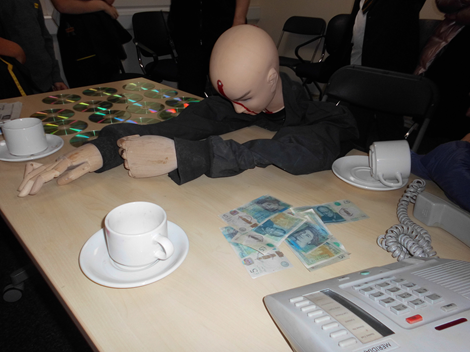
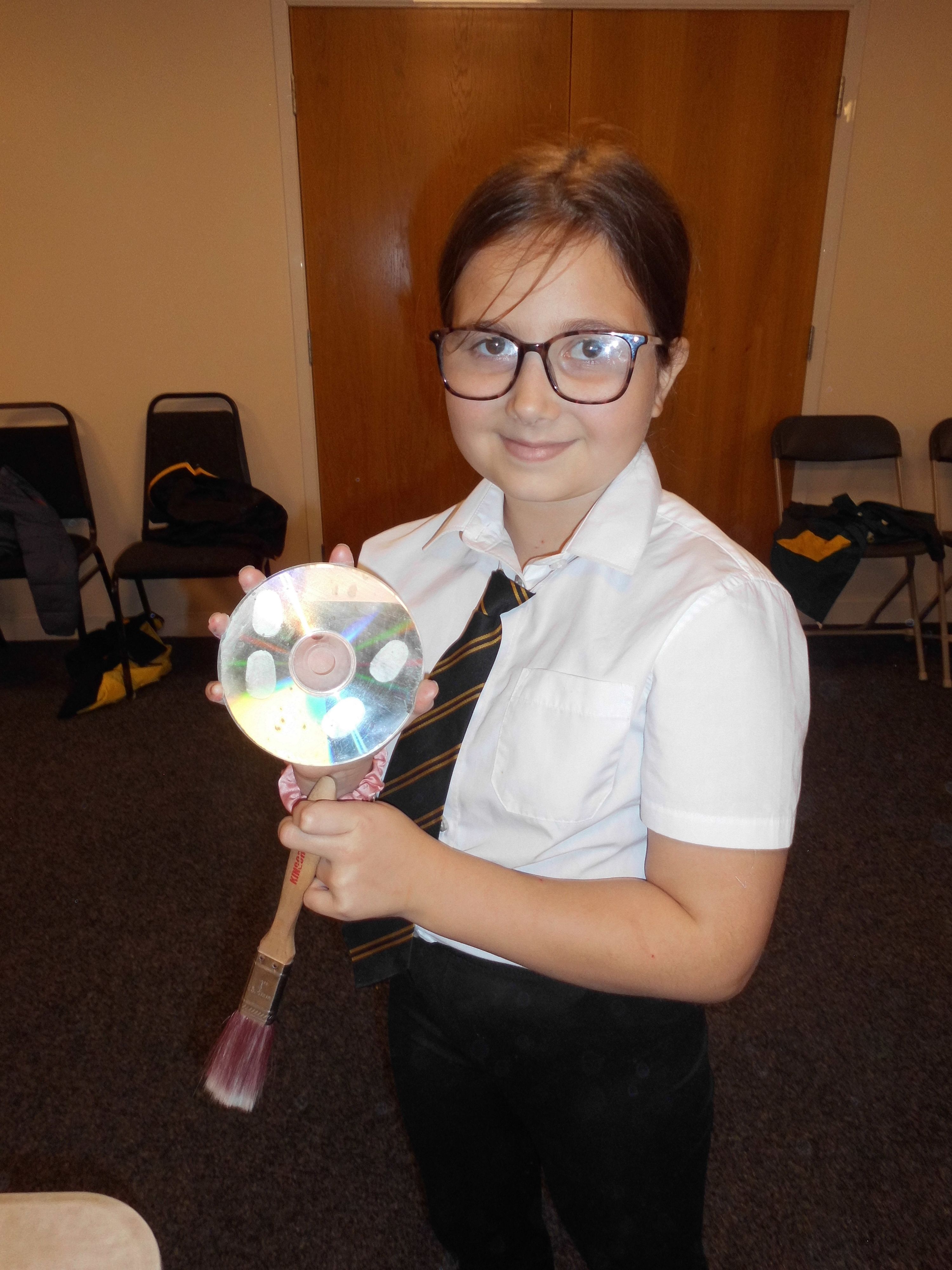
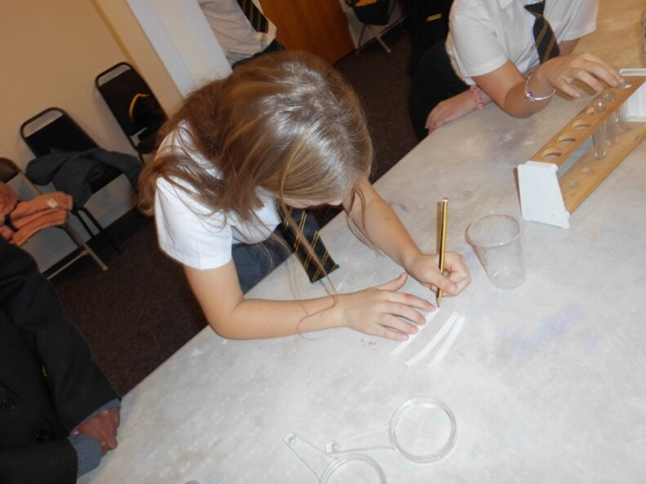
Useful links
Here are some useful links that can be accessed at home. Perfect for those children who love to find out facts!
Science Sparks - https://www.science-sparks.com/
Stories through science
https://www.stem.org.uk/storiesthroughscience
Live science https://www.livescience.com/
WOW Science https://wowscience.co.uk/
Foundations
Within our foundations unit, the children are regularly exposed to the fundamental skills of science and are given regular opportunities to explore the natural world around them, through observational skills and drawing of animals and plants. Science is taught discretely within the overarching Early Learning Goal of Understanding the World. Throughout the children’s time in Foundations, they will begin to know and understand some similarities and differences between the natural world around them and contrasting environments, and investigate and understand some important processes and changes in the natural world such as, seasonal changes and changing states of matter.
